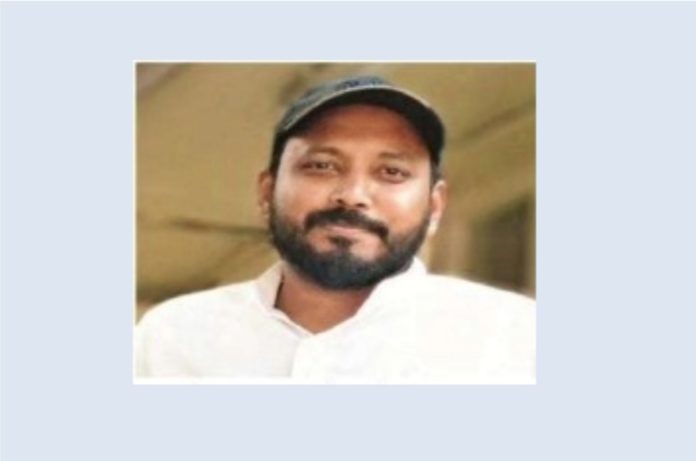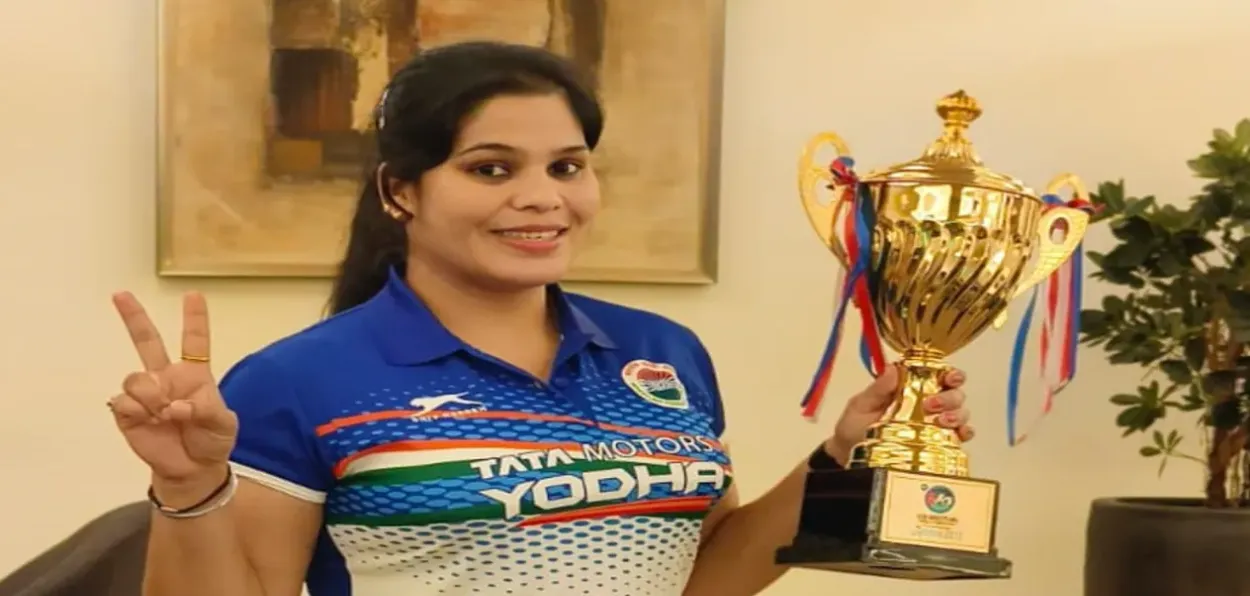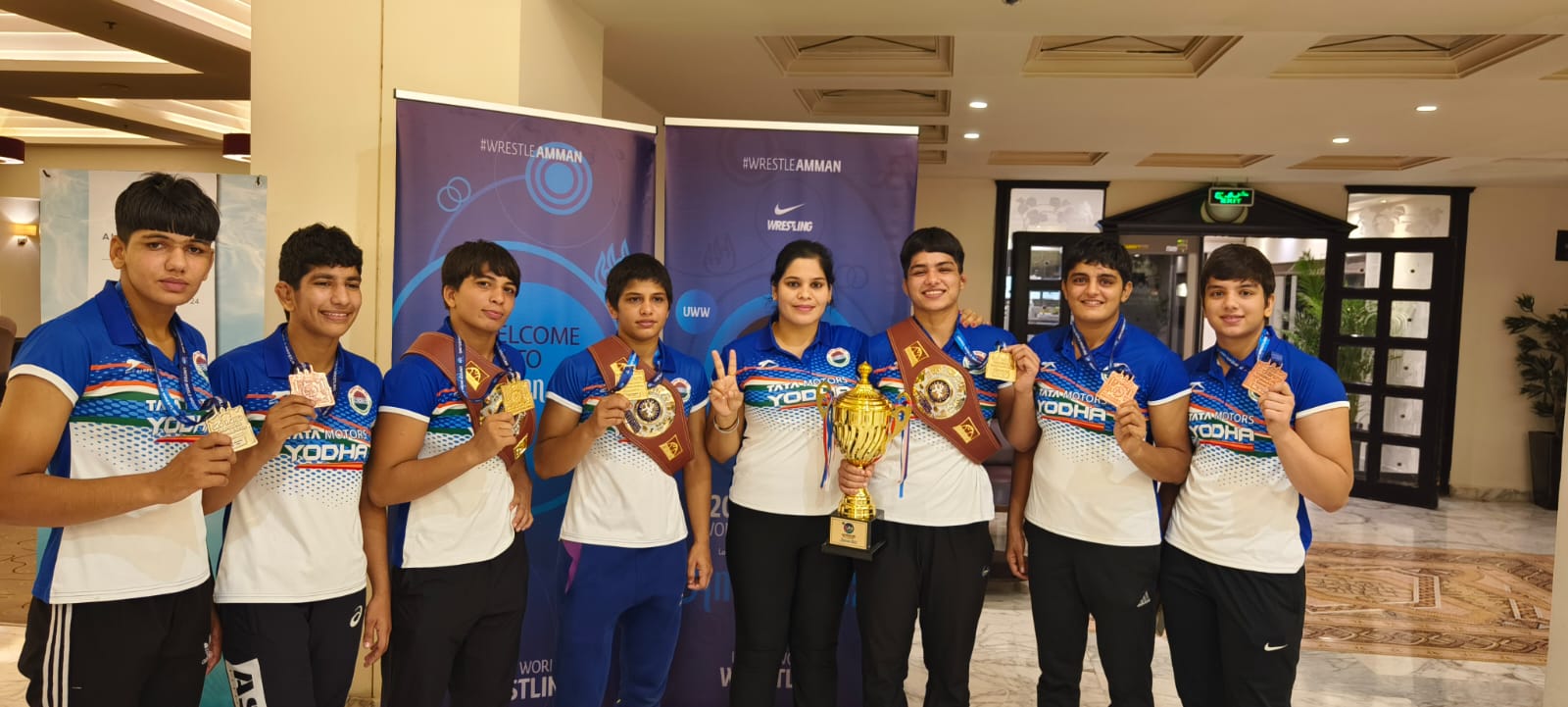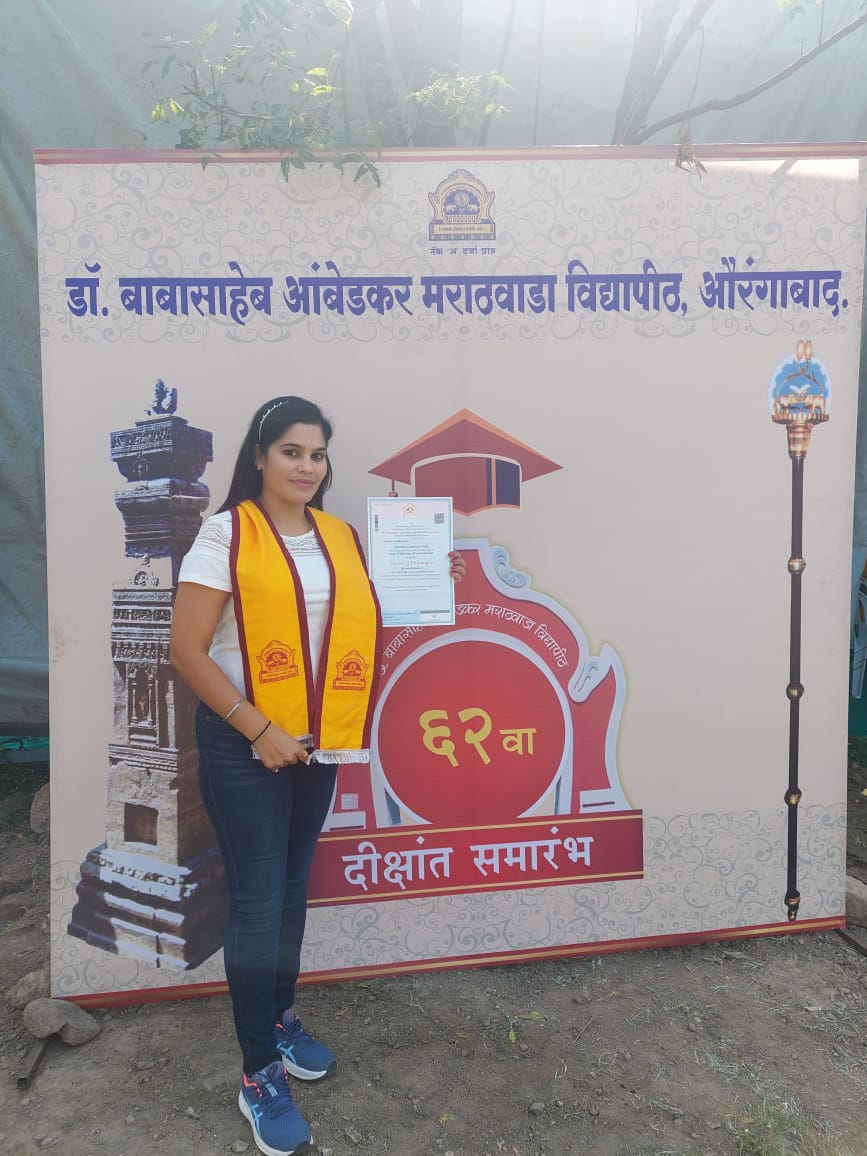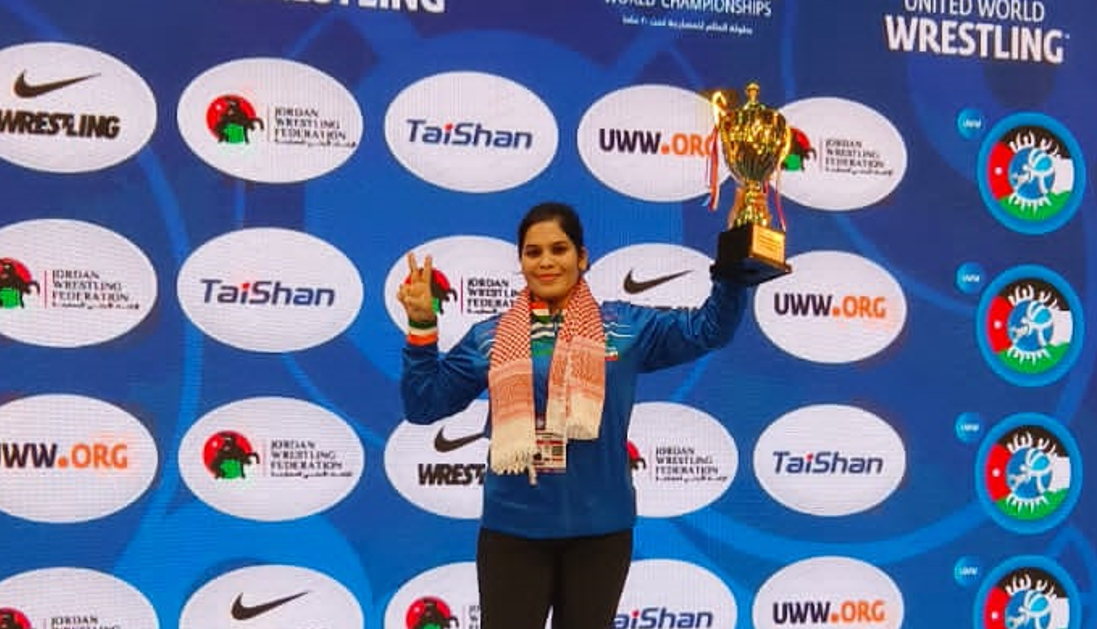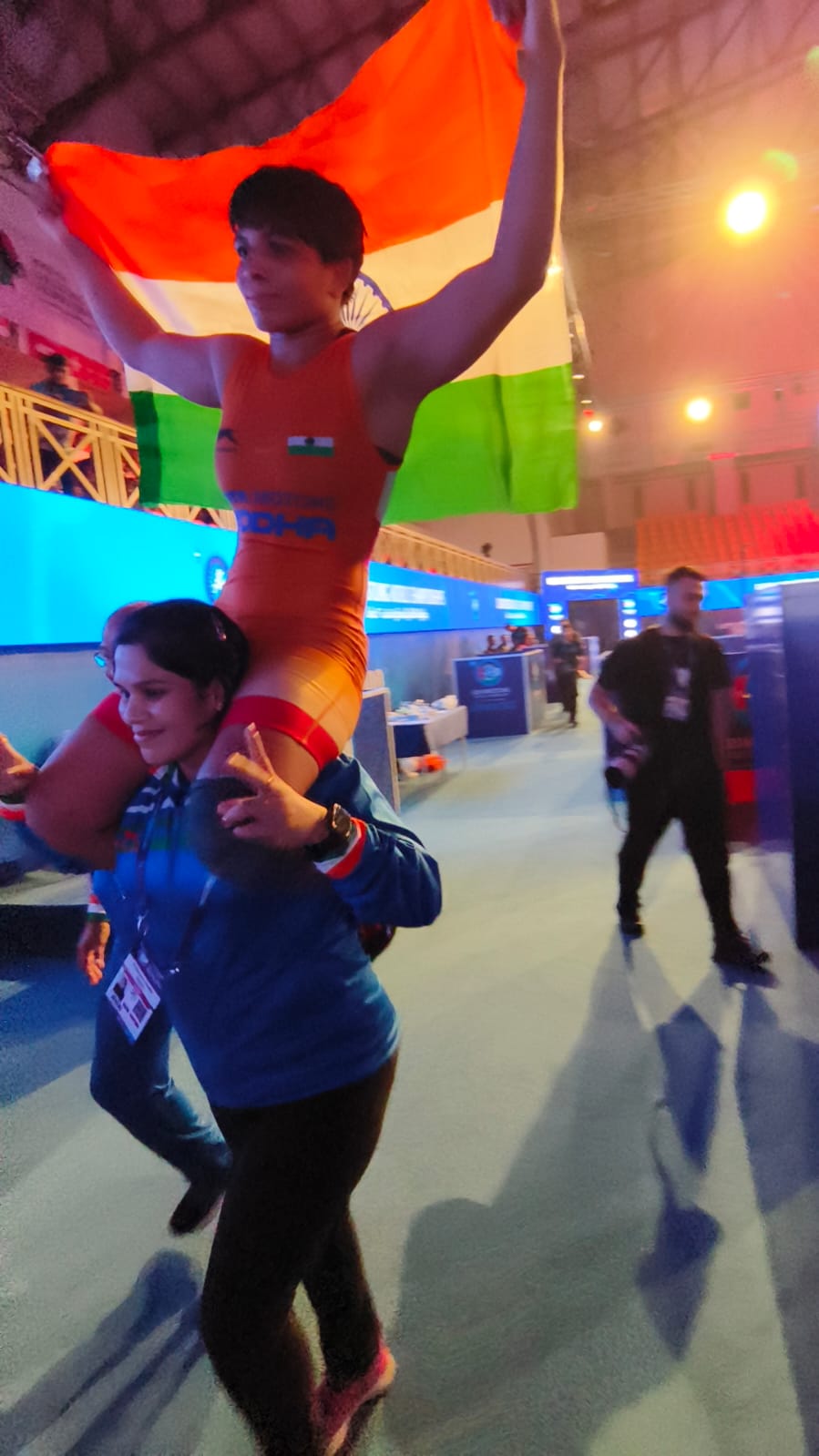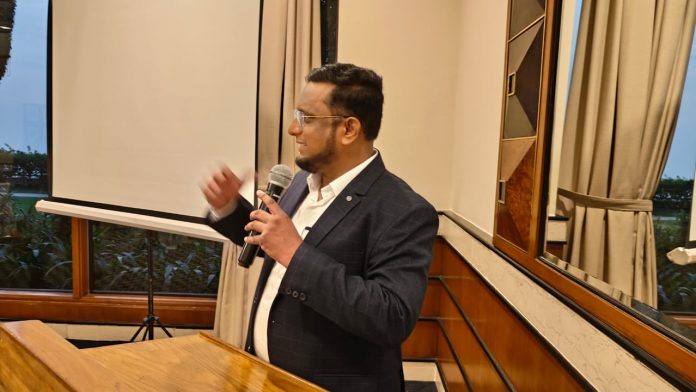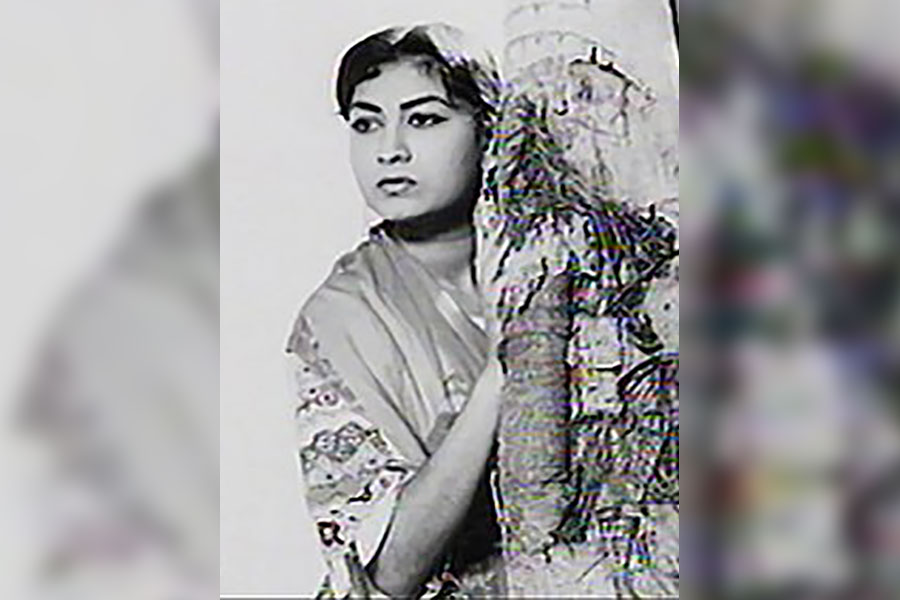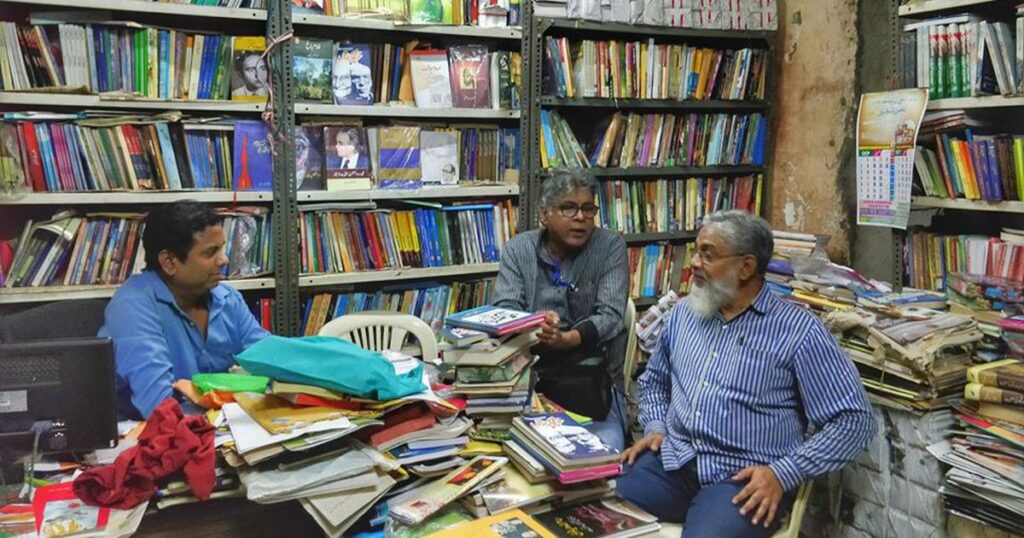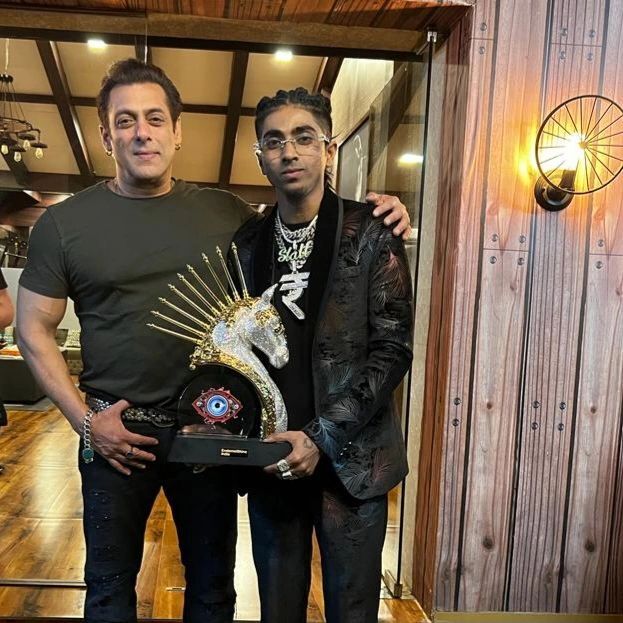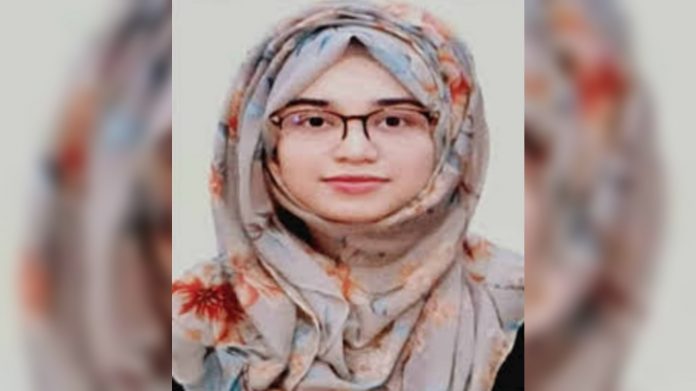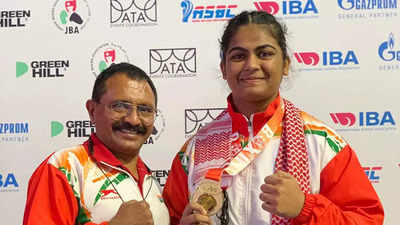Mumbai, MAHARASHTRA :
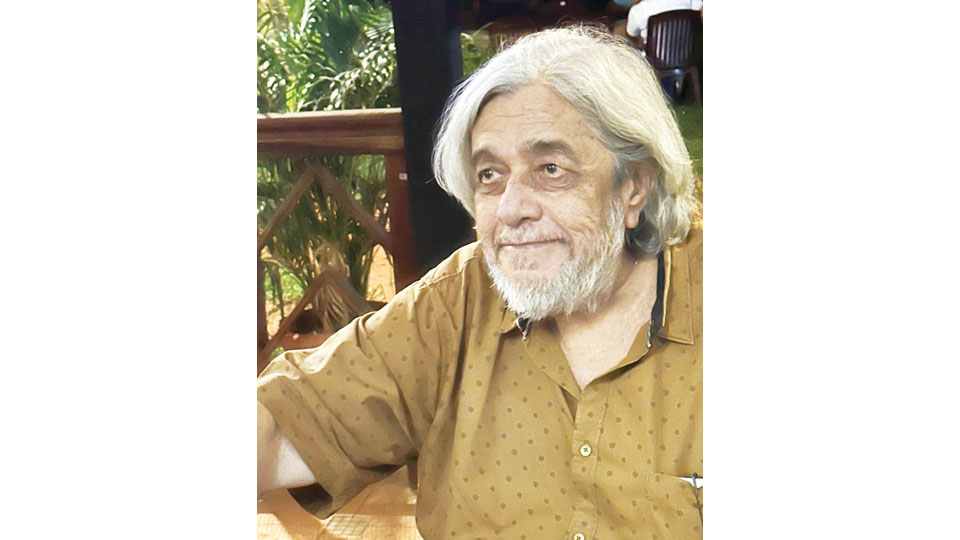
In the midst of electioneering cacophony, I received an invitation from the moving spirit and ever agile Founder-Chairperson of Mysuru Book Clubs-2015 Shubha Sanjay Urs for an evening of conversation and informal interaction with Saeed Akhtar Mirza yesterday morning. I did not know who this celebrity worthy of Shubha’s attention was but Shubha was quick to throw in a ‘guarantee’ at me of a dinner that would follow the event. The invite was like welcome summer’s rain for me to give a second thought before accepting. I said yes. It was at the Club House of Mysore Race Course.
Out of curiosity, I asked Shubha about the person whose ‘darshan’ I was going to have and also hear the oracle. She simply said, “Uncle, you remember the popular television serial Nukkad? He is the Director of that TV serial.”
Yes indeed, I could instantly connect to this very interesting filmwallah from Mumbai and his achievements with a National Film Award under his belt. What I did not know, however, was that he is also an author of books, rather queer ones — as I heard of the synopsis of them from his talk. He is branded (and touted) as a pioneer of the ‘New Wave’ progressive cinema in India. (One may conclude ‘left liberal of the Lutyen’s Club kind). Other appendices found in his genius are as a writer, traveller and a teacher.
Traveller indeed he is one. After all, the nature of his work would require him to travel. But what left me wondering was that at past 80 years of age he chose to travel by an SUV from Mumbai to Mysuru with one overnight halt at Belagavi. He broke his journey in our city for an overnight stay and the flycatcher of our Mysuru Book Clubs-2015 Shubha succeeded in catching him while on his way to Wayanad in Kerala. I asked him, “Are you on an election survey mission to Rahul Gandhi’s Constituency?” “No” was his response and mumbled about attending a meeting connected with films etc.
One of Mirza’s well remembered film was ‘Albert Pinto Ko Gussa Kyon Aata Hai’? of 1980. I felt nostalgic to learn that he was a student of the Film and Television Institute of India (FTII), Pune, where I used to frequent while in Pune to see the future stars and, of course, the art films by foreign directors like Ingmar Bergman of Sweden who directed ‘Seventh Seal’ or Vittorio De Sica of Italy who produced the all-time classic ‘The Bicycle Thief’.
Be that as it may, Mirza Saab ensconced himself on a chair, walking stick by his side and mike in hand. Introduction, mercifully brief and platitudes over, Saeed (I guess he is always addressed as Saeed) began his monologue that revealed succinctly his films and books across the gamut. He is a soft spoken person. He may be an intellectual and a creative person but he indeed has the demeanour with a persona of a philosopher-poet (see picture).
He mourned the 1984 massacre following Indira Gandhi’s assassination. Simultaneously, he alluded to Babri Masjid and its aftermath. The past is the grandfather, the future the grandchild and we witness the passing of an era, he mused kissing into the table-tennis ball of the hand-held microphone. The films are produced like a family tale where facts and fictions are mixed while his books, three of them, are revivalist, he revealed. Then, after a pause, he averred that in the world every civilisation has contributed to the growth of mankind. No one civilisation can claim to be the sole contributor and gave the example of Abbasid civilisation (considered Islamic golden age).
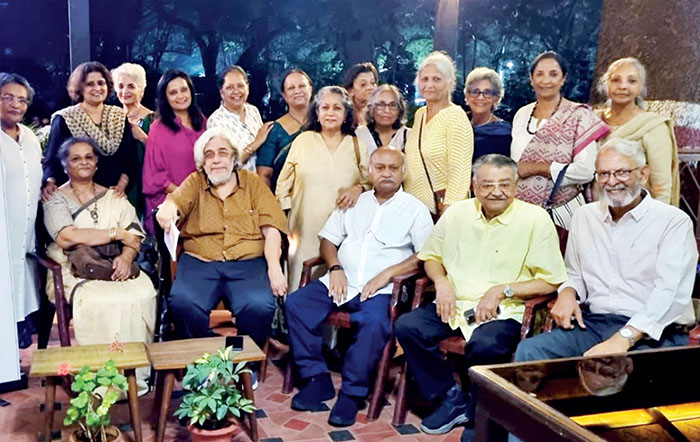
Saeed droned about al-Biruni who wrote and spoke of medieval mathematics, astronomy and astrology of India mentioning the names of Brahmagupta and Aryabhatta of 11th century while reflecting on the past civilisation of mankind. He opined there was much myth-making and also study of science during those bygone days. He said he did not write books as literature, but rather as ideas — whatever it means! Dilating on the theme, he took a jibe at the often heard lament by religious fanatics that their religion is in danger, ‘khatre me hai’ and said it is not true.
At the close of his talk he spoke movingly of his intimate, genius of a friend Kundan Shah who is no more. They were together one evening talking about this mundane world and Saeed mentioned of the peace that prevailed around them. Kundan Shah suddenly got up and urged Saeed to move out with him to the balcony. ‘Dear Saeed, look at the sky. What do you see? A star-studded beautiful, peaceful sky. Right?’
Saeed said, ‘Yes. Indeed.’
‘No, my dear friend. It may be beautiful to look at from here and even appear peaceful. But in reality no. There is turbulence, there is motion and there is no peace.’
Well, I could not fathom what Kundan Shah meant when he said that. But I presume that it was about the inner turmoil of an individual that robs him of peace. Apparently the peace Saeed mentioned to Kundan Shah was unreal, Maya. Let it be.
This said, Saeed was ready to field questions from the audience that comprised charming, though not so young, ladies. I counted just four men that included yours truly, Saeed of course, Ravi Joshi and Ashvini Ranjan (see picture).
As for Shubha Sanjay Urs, she kept her words. There was indeed a sumptuous dinner washed down with spirit that elevated our mood.
e-mail : voice@starofmysore.com
source: http://www.starofmysore.com / Star of Mysore / Home> Columns> Abracadabra / by K B Ganapathy / April 22nd, 2024
